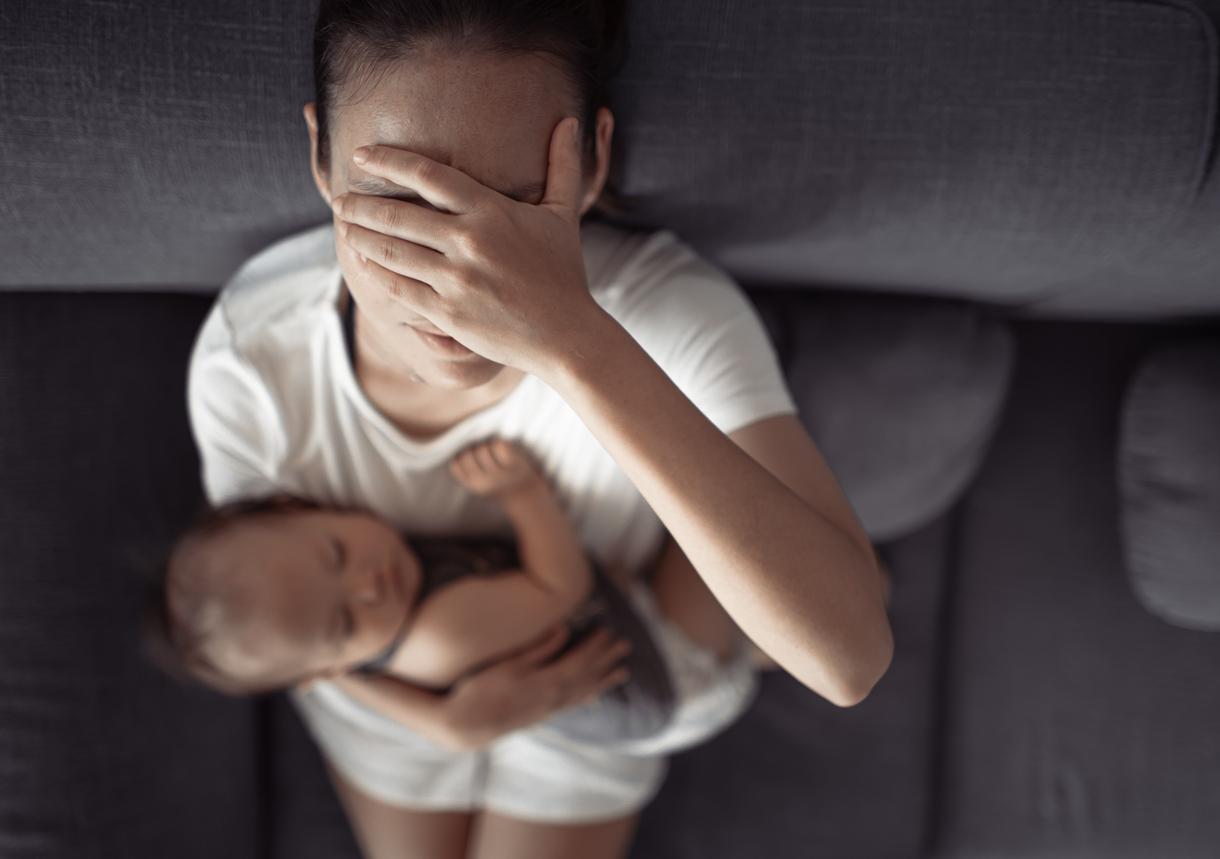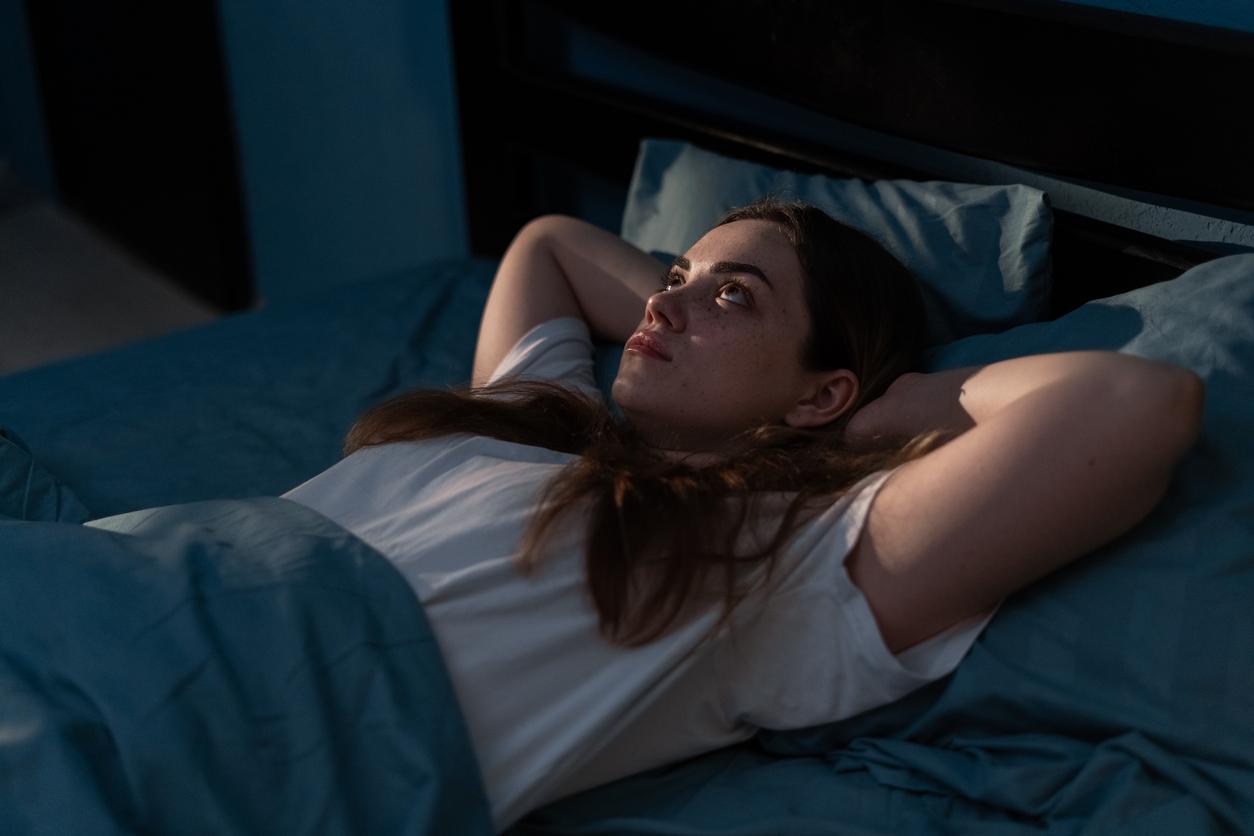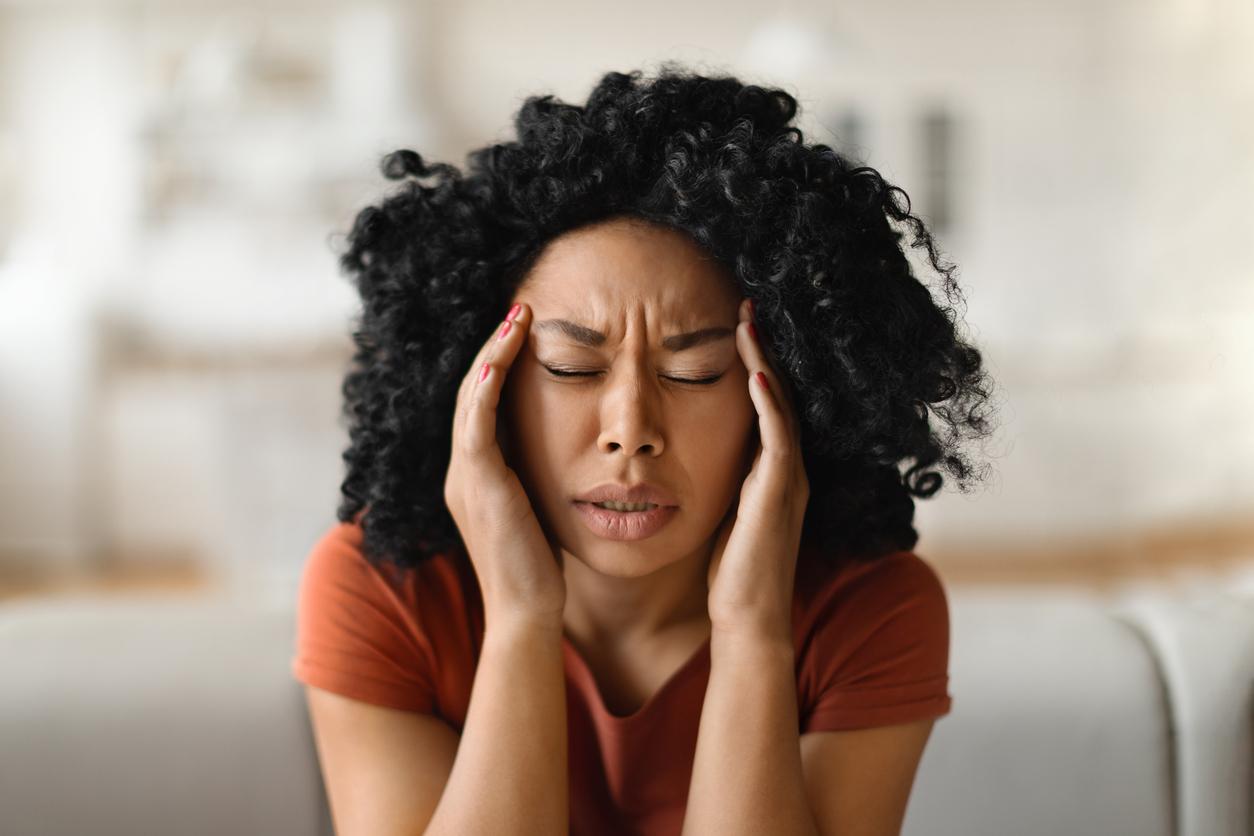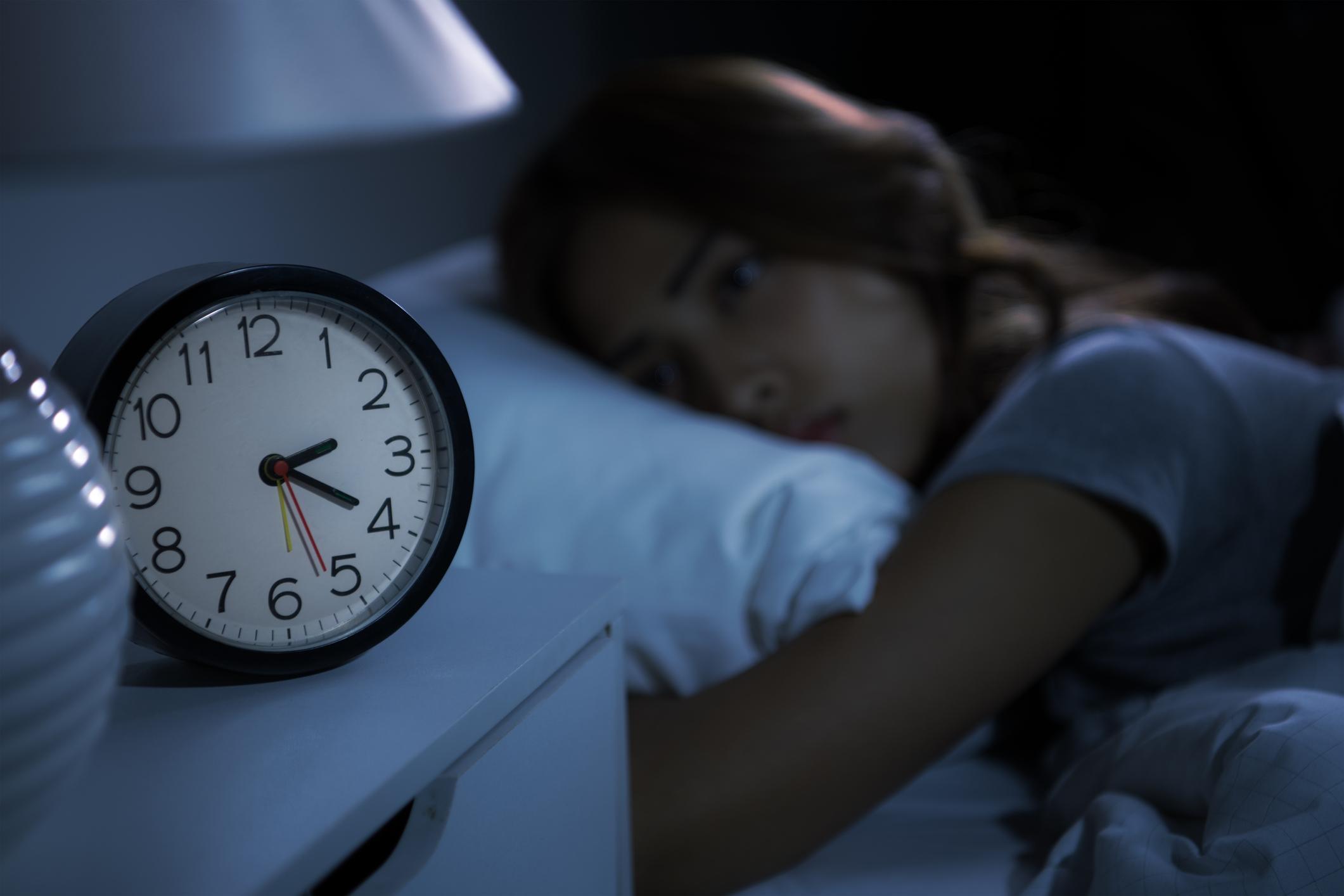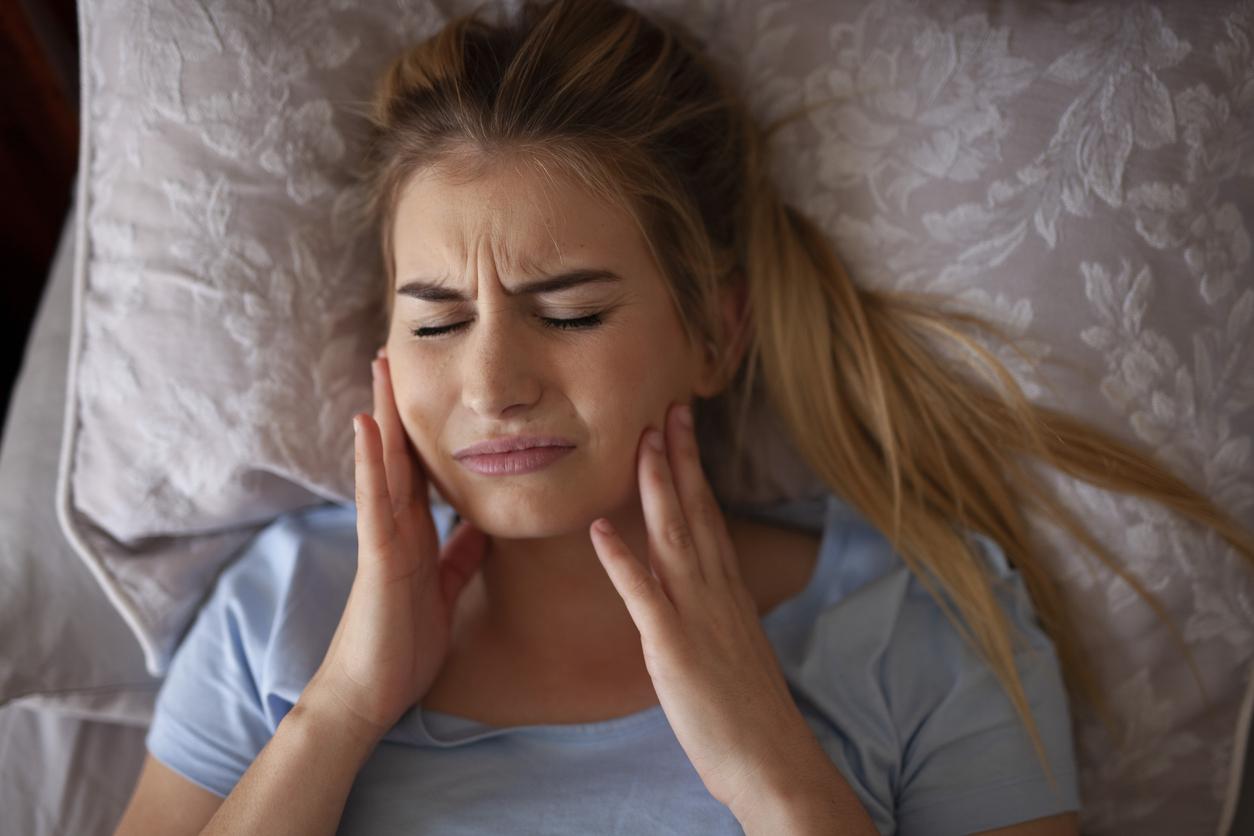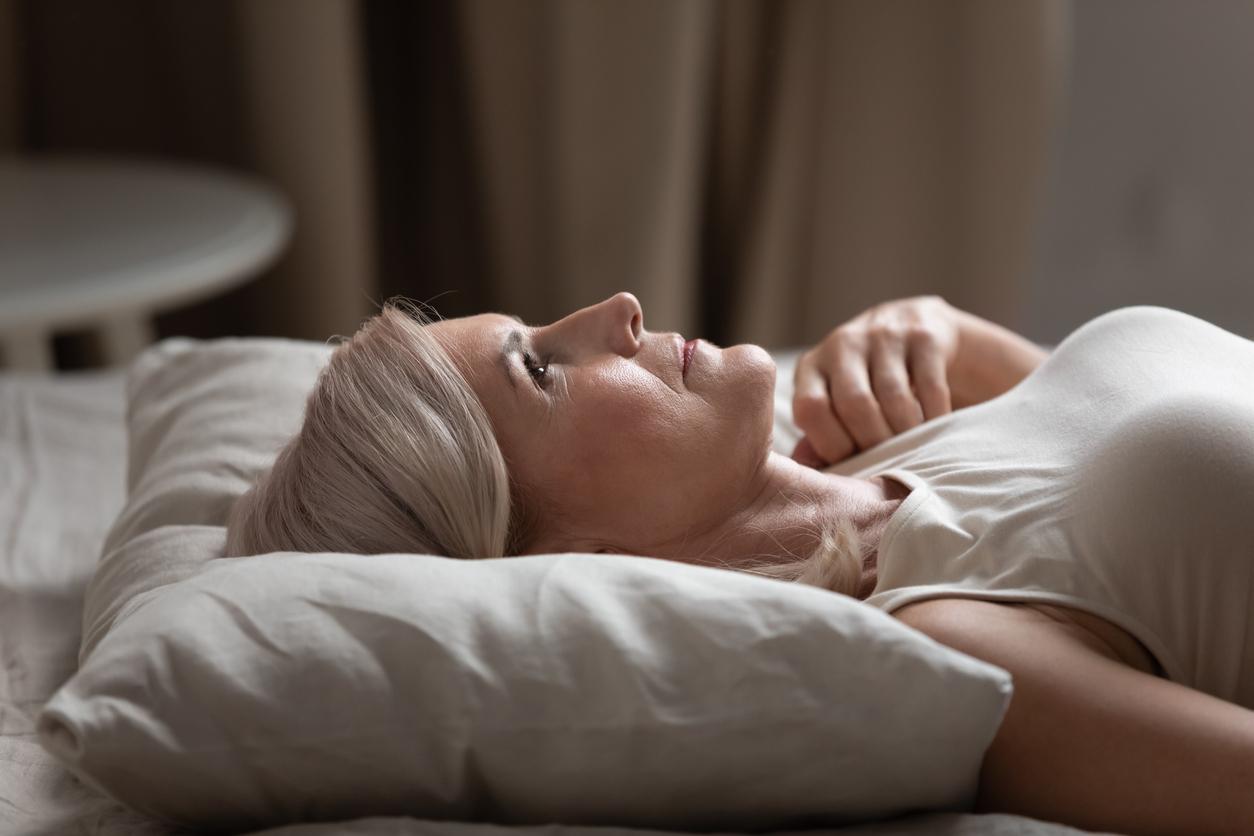Transient insomnia usually does not last more than a few nights and has no significant consequences as long as you get back to normal sleep as soon as the reason for their triggering shrinks or disappears. However, in cases where this insomnia is a significant source of anxiety and disability to function during the day, it requires medical treatment.
Chronic insomnia is evoked “when it occurs at least 3 nights a week and it lasts for more than three months” explains neurobiologist Joëlle Adrien, author of Better sleep and beat insomnia.
In this form, it poses real difficulties. It is associated with many daytime complaints: discomfort, fatigue and irritability, general feeling of discomfort, disturbances in attention, concentration …
Symptoms of chronic insomnia
Chronic insomnia can be accompanied by impaired social or professional activities and quality of life. In some patients, physical symptoms such as muscle tension, palpitations, or headaches may also be attributed to it.
And in people with severe insomnia, the risk of accidents at work or on the road, and health implications (cardiovascular disorders, depression) may be increased.
How does chronic insomnia set in?
In a large number of cases, it all starts with occasional sleeplessness that has continued despite the disappearance of the initial causes.
So, often at first, insomnia set in in reaction to an event painful life (bereavement, divorce, unemployment …): we sleep very little or very badly for several days or several weeks. “At the time of this episode, most people are putting strategies in place to sleep better. For example, they go to bed earlier, refuse outings, stay in bed to try to rest. Others take from drugs to close the eye. At first these strategies are useful, but in the long run, they are habits that feed insomnia and make it chronic. “ explains Dr Adrien.
No longer finding sleep quickly or without medication, the insomniac is worried, anxious, which has the effect of really preventing him from falling asleep. “Anything that reinforces the idea that you’re not going to sleep well increases anxiety and makes insomnia worse. It’s a vicious cycle.”.
A number of insomnia that becomes chronic are, on the other hand, the precursor sign of a depressive state.
Read also :
Insomnia: which plants to choose for better sleep?
Infographic: sleep requirements by age









